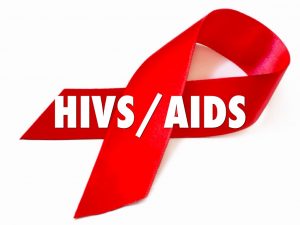
Leptospirosis is caused by the Leptospira bacteria. When a person comes in contact the Leptospira bacteria it could cause a severe and rare infection called Leptospirosis. Leptospirosis is also known as Mud Fever, Canicola Fever, Icterohemorrrhagic Fever, Stuttgart Disease, Swineherd’s Disease, Cane-Cutter Fever, Swamp Fever or Rice-Field Fever.
The bacteria thrive in fresh water that is contaminated with urine of animals. It is in warmer climates that the infection occurs. The disease does not spread from one human to the other but in rare cases the infection can spread to an unborn child from the mother or through breast milk.
People indulging in fresh water activities and exposed to animals like farmers, military personnel, ranchers, workers in rice fields, workers in slaughterhouses, sewer workers, trappers, loggers and veterinarians are more vulnerable to this bacteria.
What are the symptoms of leptospirosis in humans?
It takes around ten days for symptoms to develop. Symptoms of Leptospirosis include sore throat, dry cough, rash on skin, fever, muscle tenderness, headache, rigidity in muscles, pain in muscles, joint aches, diarrhea, vomiting, nausea, enlarged liver or spleen, shaking chills, conjunctivitis, abdominal pain, enlarged lymph glands, pain in the bones and abnormal lung sounds depending upon the infection.
Diagnosis includes blood tests, tests for Complete Blood Count, Urinalysis, Creatine Kinase and Liver enzymes.
Leptospirosis is treated usually by administering antibiotics. The disease is mild in most cases and with a course of 5-7 days it can be treated with antibiotic tablets. Preferred antibiotic treatment choices include Tetracycline or Penicillin or doxycycline. Topical treatments like Penicillin, Ampicillin, Doxycycline, Ceftriaxone and Azithromycin are also useful. If the patient has any risk factors or symptoms for leptospirosis, a good health care provider must be immediately contacted.
Best way to prevent Leptospirosis is avoiding high risk areas, avoiding stagnant water, taking Amoxicillin or Doxycycline to decrease the risk of getting the disease.








